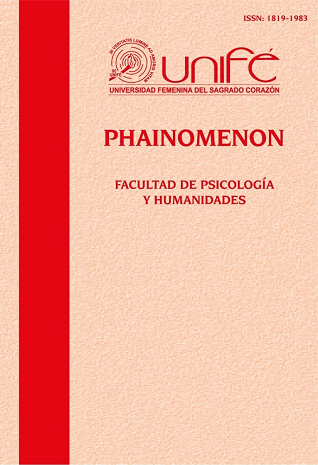Regarding the Concepts of Being in Potency and Being in Act in Thomas Aquinas and Francisco Suárez
DOI:
https://doi.org/10.33539/phai.v17i1.1274Keywords:
Individual, knowledge, reality, potentiality, actAbstract
In the present work I intend to expose the views of Thomas Aquinas and Francisco Suárez on what distinguishes the potential entity from the entity in act. I establish a comparison between the two authors and in order to indicate why and to what purpose this conception has changed between them. First, I examine the principle of individuation of entities in general and the initial difference that we find between both thinkers on the relationship between form and matter. Second, I evaluate what constitutes the foundation of our knowledge and the notion of similarity. And finally I lay out the changes in the understanding of the real and the individual in this scholastic transit in favor of the constitution of what is essentially an individual.






